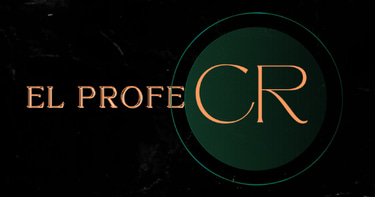
Contrasting ideas
C1 GRAMMAR
3 min read


Do you know how to give contrasting information using conjunctions such as despite, much as and whereas?
Look at these examples to see how we can give contrasting information.
Although she now flies down the slopes, it took her years to learn to ski well.
He's really busy. He still offered to help, though.
I passed the exam even though I hardly studied.
While I don't agree, I understand their point of view.
Much as I'd love a holiday this year, I just can't afford it.
Explanation
It is used to introduce a sentence that presents a contrasting idea or condition.
The most common word used for contrasting ideas, “but” is generally found in between the two contrasting ideas within a sentence and always follows a comma.
Although, despite, even if, even though, in spite of, much as, though, whereas and while are all used to link two contrasting ideas or show that one fact makes the other fact surprising.
They can all be used at the beginning or in the middle of the sentence.
In spite of the heavy rain, the hikers continued climbing the mountain.
The hikers continued climbing the mountain in spite of the heavy rain.
The main difference between these conjunctions is that they are followed by different structures.
In spite of and despite
After in spite of and despite, we use a noun phrase or -ing form of a verb.
We arrived on time in spite of missing the train.
Their restaurant succeeded despite the bad reviews.
It's common to use in spite of and despite with the expression the fact that, so that it can be followed by a subject and verb.
We arrived on time, in spite of the fact that we missed the train.
Their restaurant succeeded, despite the fact that they received bad reviews.
Although, though and even though
After although, though and even though, we use a subject and a verb. They mean the same thing, but even though is slightly stronger and more emphatic than although and though.
Although Marjorie lost the election, many more people voted for her than the first time.
I love my Italian conversation class, though I struggled at first.
Even though my team lost, it was great to be in the stadium for the final.
Though can also go at the end of the second phrase. This way of expressing contrasting ideas is most common in spoken English.
I didn't know anyone when I first got to uni. I soon made friends, though.
Even if
Even if means 'whether or not' or 'no matter whether'. It's followed by a subject and a verb.
Even if you are an expert swimmer, you should be careful at this beach.
While and whereas
While is a conjunction that is most commonly used with time, but it can also be used to mean 'despite the fact that' or 'although'.
While I made some mistakes in my driving exam, I still passed.
In this sense, while comes at the beginning of the sentence.
While and whereas can be used to mean 'but' or 'compared with the fact that', to compare two contradictory ideas.
While/Whereas Ivan is very sociable, his brother is more reserved.
My trip home was quick and easy, whereas/while my colleagues were delayed for hours.
In this sense, while/whereas can come at the beginning of the sentence or between the two contradictory clauses.
Much as
Much as is a more formal expression. It means 'although', 'despite how much' or 'no matter how much'.
Much as I enjoyed studying abroad, it was good to return home.
Sobre nosotros
El Profe CR busca ayudar a aquellas personas que deseen desarrollar las habilidades que hoy en día las empresas requieren de cada candidato(a) con y sin experiencia laboral.
©2025 Todos los derechos reservados.
